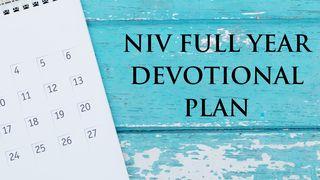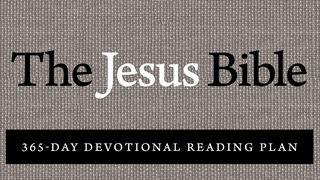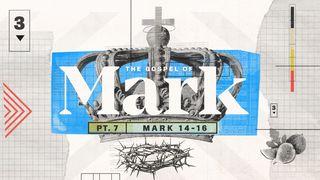WordLive - Year OneSample

Prepare: As you prepare to come into God’s presence today, ask him to show you something new.
A promise from God
Recently I drew up a new will. Although others will be involved in the process, only I can make changes. My beneficiaries may only accept or reject what is provided for them. This is the meaning of the word that is translated ‘covenant’ in the book of Hebrews.
Normally a covenant is an agreement between two people, in which both are responsible for their side of the promise. However, the meaning of the Greek word usually translated covenant in this particular passage is ‘will’. It is a promise from God and we are the beneficiaries. It is based solely on God’s terms. We can only accept or reject what he offers.
Written on our hearts
If I decide to write a new will, my old one is immediately invalid. Note that this is also the case with the new covenant (v 13). The idea of a new covenant is not a New Testament idea (vs 9–12). The old covenant wasn’t working, so another one was needed (v 7). The word used for ‘new’ here indicates that the new promise will be totally different.
In the old covenant, men were asked to obey God through a series of strict laws. In the new, God has written the desire to obey him on their hearts. Man’s relationship with God no longer depends on obedience. It relies on God’s love and forgiveness (v 12).
Respond: Does this passage contain a lesson you can apply to relationships within your home? Ask God to show you.
http://www.wordlive.org/Session/Classic/2012-04-27
A promise from God
Recently I drew up a new will. Although others will be involved in the process, only I can make changes. My beneficiaries may only accept or reject what is provided for them. This is the meaning of the word that is translated ‘covenant’ in the book of Hebrews.
Normally a covenant is an agreement between two people, in which both are responsible for their side of the promise. However, the meaning of the Greek word usually translated covenant in this particular passage is ‘will’. It is a promise from God and we are the beneficiaries. It is based solely on God’s terms. We can only accept or reject what he offers.
Written on our hearts
If I decide to write a new will, my old one is immediately invalid. Note that this is also the case with the new covenant (v 13). The idea of a new covenant is not a New Testament idea (vs 9–12). The old covenant wasn’t working, so another one was needed (v 7). The word used for ‘new’ here indicates that the new promise will be totally different.
In the old covenant, men were asked to obey God through a series of strict laws. In the new, God has written the desire to obey him on their hearts. Man’s relationship with God no longer depends on obedience. It relies on God’s love and forgiveness (v 12).
Respond: Does this passage contain a lesson you can apply to relationships within your home? Ask God to show you.
http://www.wordlive.org/Session/Classic/2012-04-27
Scripture
About this Plan

WordLive provides a daily slice of Bible reading and commentary that, over four years, covers most of the Bible. The commentary encourages the reader to engage with the Bible passage in order to deepen their relationship with God, through reflection and practical application. The WordLive website offers further multimedia content and group Bible study, while registration offers a daily email, journal and bookmarking, and community tools.
More
We would like to thank Scripture Union England & Wales for providing this plan. For more information, please visit: www.wordlive.org/youversion
Related Plans

Bible Reflections From Scripture Union Volume One

Face To Faith

Daily Direction Reading Plan

Daily Encouragement

There's Hope For Today

The NIV 365-Day Devotional Reading Plan

The Jesus Bible Reading Plan

Day By Day With Billy Graham

The Gospel of Mark (Part Seven)
